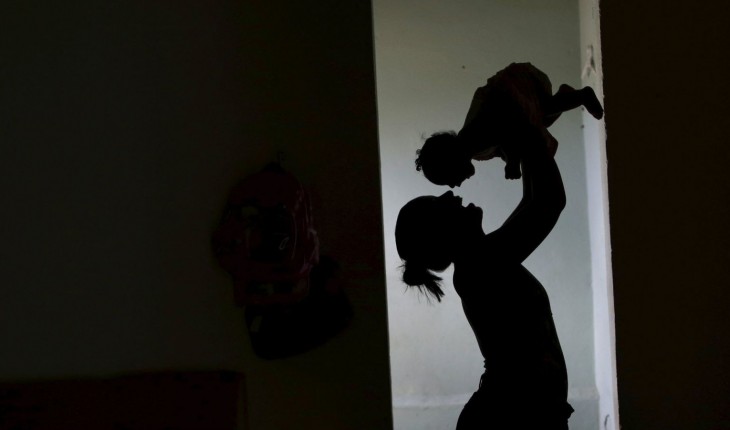Empathy comes at a price. (Photo Credit: Reuters/Ueslei Marcelino)
Kids with empathetic parents have well-documented advantages: less depression, less aggression, more empathy themselves. Parents also report better self-esteem when they make the effort to understand their children’s feelings.
But inside, it’s tearing them up.
A team from Northwestern University has examined the hidden costs of parental empathy. They found that while the children of empathetic parents are better off physically and emotionally, the parents’ cells reveal chronic, low-grade inflammation. When their children suffer psychologically, empathetic parents’ immune systems take a hit.
Researchers surveyed 247 pairs of parents and their adolescent children on how often and to what degree parents could understand their children’s feelings and respond with appropriate concern. They also took blood samples. Empathetic parents and their children were both better off psychologically. Children of empathetic parents also showed lower levels of inflammatory markers. Their parents were just the opposite. Their samples revealed this low-grade systemic inflammation.
That study, published online late last year and appearing next month in the journal Health Psychology, follows research published last year in the journal Clinical Psychological Science. There, the Northwestern team surveyed 143 pairs of parents and teenage children on parents’ empathy and children’s depression. A year later, they took blood samples from the parents and introduced a bacterial component to study the immune response.
As their children’s depressive symptoms increased, so did empathetic parents’ inflammatory markers. The findings were consistent with previous research showing that caregivers of people with chronic illness develop chronic inflammation and elevated stress hormones over time.
Why is this? Empathy requires us to push our own feelings aside to focus on someone else’s, an effort linked to increased stress and higher inflammation. Empathetic parents may also be more willing to sacrifice their own health for their children’s sake, forgoing things like sleep, exercise, and other activities that could mitigate the stress of caregiving.
Family therapy often counsels parents on how to be more empathetic, given the enormous benefit to children. But if that emotional effort comes at a physical cost, parents need to be taught how to care for themselves too, said Erika M. Manczak, a Northwestern psychology graduate student and the lead author of both studies.
“Things like getting enough sleep, exercising, and reducing stress are all related to these types of immune processes,” Manczak told Quartz. “It’s not selfish for parents to make time for those things—it’s actually critical for their own mental and physical health.”




